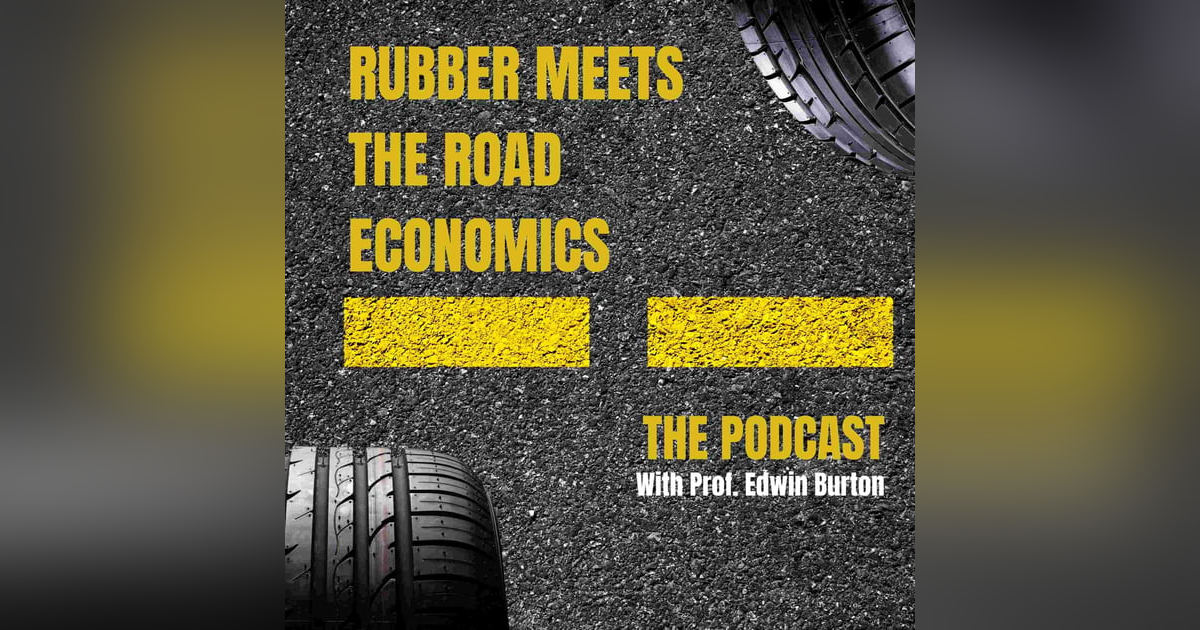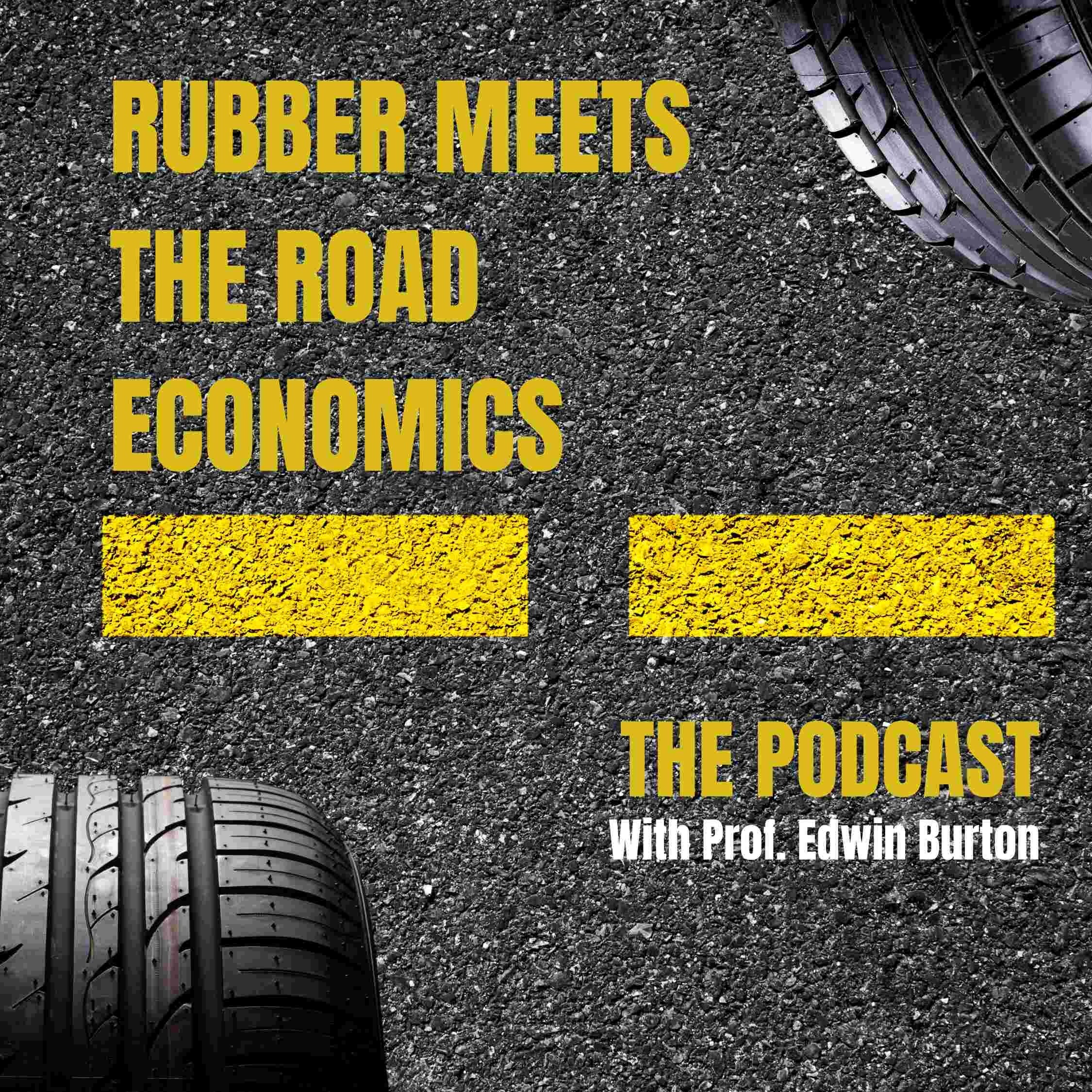What Drives Mortgage Rates? Exploring the Role of Treasury Yields and Market Forces


In this episode of Rubber Meets the Road Economics, Hunter Craig and Professor Edwin T. Burton dive into the potential economic crisis that may be on the horizon. They explore key economic signals like the Federal Reserve’s recent rate cuts, the rise in Treasury yields, and the impact on mortgage rates. Together, they analyze whether these indicators point to an impending financial downturn and what it means for everyday Americans. Professor Burton sheds light on how market forces dictate these economic shifts and offers a candid view of the Fed’s role, suggesting that it often follows market trends rather than leading them.
Key Topics:
- The Federal Reserve’s September rate cut and why it happened.
- How Treasury bill yields impact Federal Reserve policies.
- The role of supply and demand in driving mortgage rates higher.
- The rising divide between wealthy Americans benefiting from asset inflation and the struggles of working-class citizens.
- Why rent control policies may hurt those they're intended to help.
- A candid discussion on inflation, government debt, and what it all means for the future of the U.S. economy.
Quotes from the Episode:
- “The market determines rates, not the Federal Reserve.”
- “Inflation isn’t just a number; it’s the value of money dropping.”
- “If supply goes up 50%, and demand stays the same, the value drops—simple economics.”
- “The Fed’s role is more reactionary than most people realize.”
- “Rent control sounds good but ultimately freezes out low-income people from communities.”
Financial Disclaimer:
The information provided on this podcast is for educational and informational purposes only. It is not intended as financial advice and should not be relied upon as such. All opinions expressed by the hosts, guests, or participants are solely their own and do not reflect the views of any companies or organizations they may be affiliated with. We recommend that you consult with a qualified financial professional before making any financial decisions. Remember, investing and financial decisions carry risks, and it is important to do your own research.
About Professor Edwin Burton:
Dr. Edwin T. Burton is a professor of economics at the University of Virginia, specializing in finance, with a focus on behavioral finance and the theory of financial markets. A distinguished academic and former Wall Street executive, Professor Burton earned his PhD from Northwestern University, studying under renowned mathematical economist Hirofumi Uzawa. He has held senior roles at Smith Barney and other major financial institutions and has taught at UVA since 1988. Professor Burton's extensive expertise makes him a leading authority on public policy, finance, and economics.
00:00 - Introduction to The Rubber Meets The Road Economics
00:54 - Understanding the Federal Reserve’s Rate Decisions
01:33 - The Impact of Treasury Bill Yields on Federal Reserve Actions
03:08 - Exploring the Disconnect Between Economic Strength and Rate Cuts
04:33 - Inflation and the Federal Reserve’s Role
05:53 - The Bifurcated Economic Growth
07:23 - Mortgage Rates and the 10-Year Treasury Yield
08:43 - Supply and Demand in the Bond Market
10:01 - The Market’s Influence on Interest Rates
11:00 - Understanding Price Movements
12:17 - The Impact of Mortgage-Backed Securities
13:51 - The Consequences of Federal Reserve Policies
15:02 - Debating Rent Controls
15:42 - The Reality of Rent Control in New York
17:48 - Economic Policies and Their Unintended Effects
18:52 - Closing Thoughts and Future Predictions



